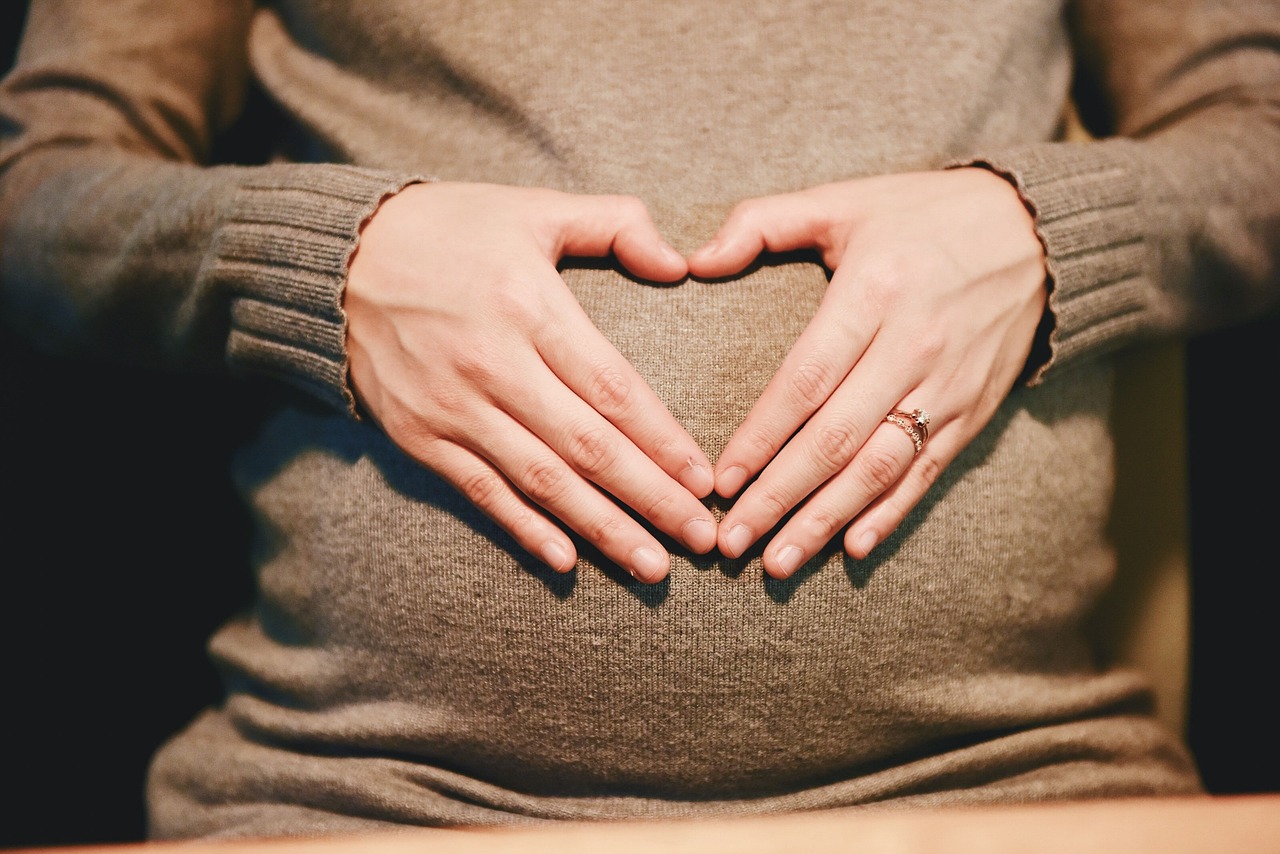Latest Articles

Pre-Pregnancy Physical Therapy: Optimize Your Body for a Healthy Pregnancy
Pre-Pregnancy Planning: Preparing Your Body for Pregnancy
Bringing a new life into the world is a journey that starts long before conception. Many women focus on medical checkups, nutrition, and lifestyle changes before pregnancy, but physical therapy is an often-overlooked tool that can significantly improve the chances of a healthy conception and pregnancy. Preparing your body before pregnancy can help reduce complications, ease discomfort, and strengthen muscles essential for carrying a baby and giving birth.
How Physical Therapy Supports Conception
The body undergoes significant changes during pregnancy, and a strong foundation can make all the difference. Physical therapy plays a crucial role in optimizing fertility by improving posture, strengthening pelvic floor muscles, and reducing stress through guided movement. Women experiencing fertility issues may also benefit from specialized exercises that enhance blood circulation to the reproductive organs, creating a healthier environment for conception.
Exercises to Improve Fertility and Pelvic Health
A well-designed pre-pregnancy physical therapy program can include exercises tailored to strengthen the core and pelvic muscles, which are essential for supporting a growing baby. Some effective exercises include:
Pelvic floor exercises: These strengthen the muscles supporting the uterus, bladder, and bowels, improving stability and reducing incontinence risk during pregnancy.
Manual therapy techniques: Soft tissue massage and abdominal myofascial release techniques help improve circulation and decrease restrictions.
Core stabilization workouts: Engaging deep abdominal muscles can help prevent diastasis recti (ab separation) and enhance spinal support.
Flexibility training: Stretching and mobility exercises improve blood flow and reduce muscle tension in the lower abdomen, promoting overall reproductive health.
Lifestyle Changes for Optimal Pregnancy Readiness
In addition to physical therapy, adopting healthy lifestyle habits can enhance fertility and overall well-being. A balanced diet rich in folic acid, iron, and omega-3 fatty acids supports reproductive health, while mindfulness practices such as yoga and meditation can reduce stress levels, which may affect ovulation. Staying active with low-impact exercises like walking and swimming also helps maintain a healthy weight, which is linked to improved fertility outcomes.
Conclusion
Pre-pregnancy physical therapy is an invaluable tool for women preparing for motherhood. By strengthening key muscle groups, improving posture, and adopting healthy lifestyle changes, women can optimize their bodies for conception and a smoother pregnancy. Consulting with a physical therapist before pregnancy can provide personalized recommendations to address specific needs and goals.
Get A Jump On Your Day.
Get a summary of our latest articles by subscribing to our newsletter below.

